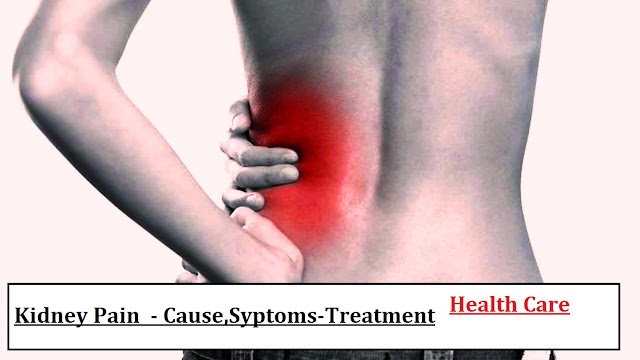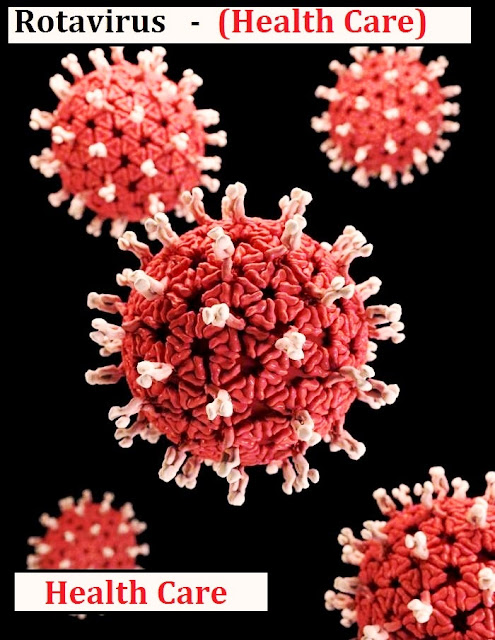kidney ache, Reasons-Signs-Care.
You can experience kidney pain in your sides, back, tummy, or groyne. It's frequently misdiagnosed as back pain. Kidney discomfort may be brought on by renal infections, kidney injuries, kidney cancer, or kidney stones. Treatment for kidney discomfort is based on the underlying reason.
What exactly
is kidney pain?
Kidney pain (renal pain) is discomfort in the vicinity of your kidneys. Your kidneys are two bean-shaped organs located on each side of your spine, just below your ribcage. Kidney pain ache in kidney area does not always indicate a problem with your kidneys — but it does usually indicate a problem somewhere in your urinary system.
What does it
feel like to have kidney pain?
People frequently confuse kidney pain with back pain. However, there are some significant differences between kidney pain and how it feels when compared to back pain.
Back pain vs.
kidney pain
Back pain most commonly affects the middle of your back, the spine, and the lower back. Back pain can sometimes radiate down your legs due to spinal issues.
In comparison, kidney pain is usually found higher on your back and feels deeper. Most kidney pain symptoms occur beneath the ribs, to the right or left of your spine. Kidney pain can spread to other parts of your body, such as your abdomen or groyne. Hip pain is sometimes confused with kidney pain, but hip pain is located lower in your back than kidney pain.
ELIMINATIVE
CAUSES
What are the most typical reasons why kidney discomfort occurs?
Your ureters and bladder are related to your kidneys (the tubes that carry pee from your kidneys to your bladder). Pain and discomfort can be caused by issues in any of these areas. among the potential reasons of renal discomfort are:
renal stones Mineral or chemical accumulation inside your body might result in kidney stones. Stones can range in size from a sand grain to a pearl. Small stones might kidney stone symptoms naturally exit your body. Larger stones, however, might become lodged in your urinary tract and obstruct the flow of urine. In both scenarios, severe renal discomfort may start to appear.
bladder retention You are unable to totally empty your bladder when you have this illness.
reflux into the ureter (VUR). Pee flows backward from your bladder to your ureters or kidneys as a result of this urine reflux. Although VUR can occur to anybody, it most frequently affects infants and young children.
blockage at the ureteropelvic junction. In this situation, the area flank pain where your ureter connects to your kidney becomes blocked. This may result in flank pain that spreads to your stomach or groyne.
Uretinal restriction Your ureter's narrowing is meant by this. The tubes called ureters are responsible for transporting urine from the kidneys to the bladder. Either side may have ureteral stricture.
renal infection (pyelonephritis). Your kidneys become infected by bacteria, which causes this disorder. Fever, chills, back or side discomfort, nausea, and vomiting are some of the symptoms.
renal polycystic illness. Cysts packed with liquid are present inside the kidneys of those who have this genetic illness. The kidneys swell and may become painful as the cysts grow. They might therefore not work correctly.
trauma or harm. Your kidneys may sustain physical harm as kidney infection symptoms a result of collisions, accidents, or other blunt force trauma. This may cause urine leaks from the kidneys as well as blood in the urine or around the kidneys.
renal (kidney) cancer Renal cell carcinoma, the most prevalent form of kidney cancer, typically strikes persons in their 60s or 70s. The presence of a lump on your side or blood in your poop are examples of symptoms.
What are the
typical signs of kidney pain?
Many various symptoms might accompany kidney discomfort. Here are a few of the most typical signs of kidney pain:
· back pain that is persistent and dull.
· An abdominal or sideache, as well as pain under your ribs.
· a wave-like, intense, or severe pain.
· the groyne region is affected by the pain.
· especially if the pain is brought on by kidney stones, kidney discomfort frequently comes with nausea or vomiting.
TREATING WITH
CARE
How is kidney discomfort managed?
Treatment for kidney discomfort relies on the underlying illness. For instance, your doctor will recommend antibiotics if your kidney discomfort is brought on by an infection. If kidney stones are the cause of your pain, you may require therapy to get them removed.
What
examinations can assist identify the origin of kidney pain?
Your healthcare professional can use a variety of strategies to
diagnose you by identifying the underlying cause:
Urinalysis: This test looks for the presence of proteins, specific chemicals connected to certain kidney illnesses, white blood cells (which would indicate an infection), and blood in the urine.
imaging exams The physical makeup of the kidneys and urinary system can be seen by pictures obtained through ultrasound or a CT (computed tomography) scan. Additionally, it can let your doctor know whether there are any stones and gauge the proper flow of urine.
What must I do
if my kidneys are in pain?
The first step you should do if you have persistent kidney discomfort is to call your doctor to make an appointment. You should also visit the emergency department if you experience symptoms like unbearable pain, severe nausea or vomiting, fever or chills, or the inability to urinate. Here are some things you may do in the interim to relieve discomfort:
Remain hydrated. Water consumption will aid in the removal of germs from your urinary tracts. Avoid alcohol and beverages with caffeine.
Apply heat. To alleviate kidney discomfort, use a heating pad on your back, belly, or side.
Utilize painkillers. Take over-the-counter pain medications, such as acetaminophen or ibuprofen, to reduce fever or discomfort.
What alcoholic
beverages damage the kidneys?
Water excels in all respects. Drinks with a lot of sugar or salt can induce diabetes, while those with a lot of caffeine or salt can dehydrate you, which can eventually harm your kidneys.
WHEN TO
APPOINT A DOCTOR
When should I contact a healthcare professional?
Consult a medical professional if any of the following symptoms coexist with back pain and you have ongoing discomfort around your kidneys:
· chills or a fever.
· vomiting or nausea that prevents you from eating or drinking.
· Pee with an odd hue.
· Pain during urinating.
· blood in your urination.
· a persistent, unexpected need to urinate quickly.
· the presence of solid particles in your urine, such as kidney stones.
· a persistent generalised sick or lethargic sensation.
Cleveland
Clinic's statement
Mild to severe kidney discomfort is possible. In most situations, it indicates that you have a urinary system issue, yet occasionally it's innocuous. Consult a doctor immediately away if you experience back discomfort coupled with a fever, vomiting, pain when urinating, or any other unsettling symptoms. They can identify the cause of your kidney discomfort and determine the best course of action.






